Maintaining good health is a priority for men of all ages, and a key component of achieving this goal lies in making wise dietary choices. A balanced diet not only supports physical strength and endurance but also enhances mental clarity and overall well-being. Here’s a comprehensive look at the top healthy foods that men should consider incorporating into their diets:
1. Lean Proteins:
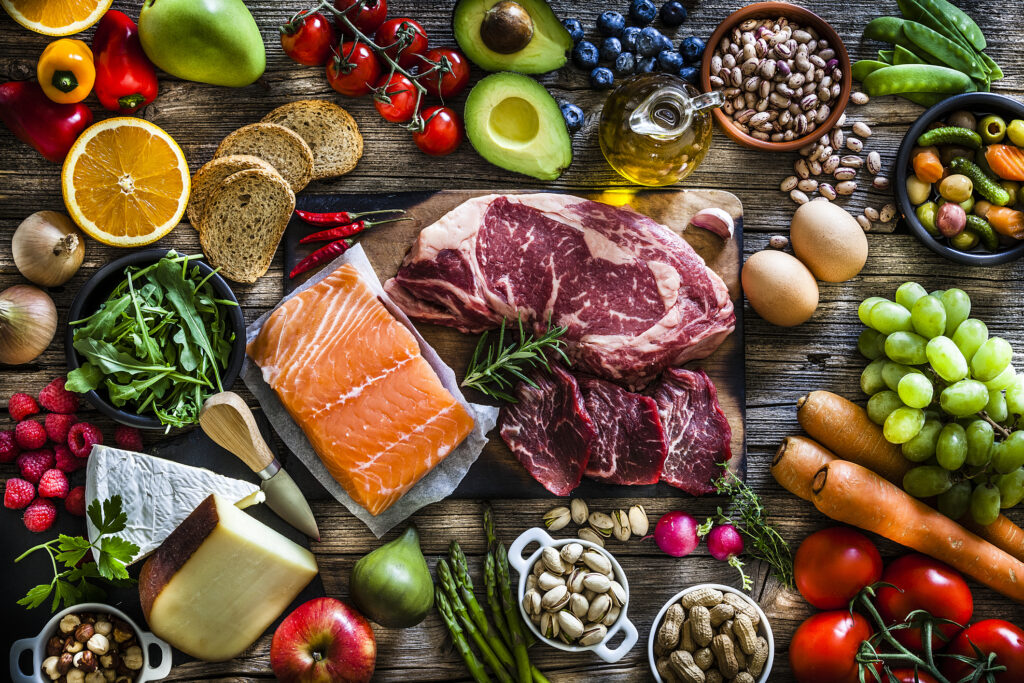
Proteins are the building blocks of muscles and are essential for maintaining muscle mass, especially important for men who are physically active or engage in strength training. Opt for lean sources of protein such as:
- Chicken breast
- Turkey
- Lean cuts of beef and pork
- Fish (salmon, trout, tuna)
- Eggs
- Tofu
- Legumes (beans, lentils)
2. Whole Grains:
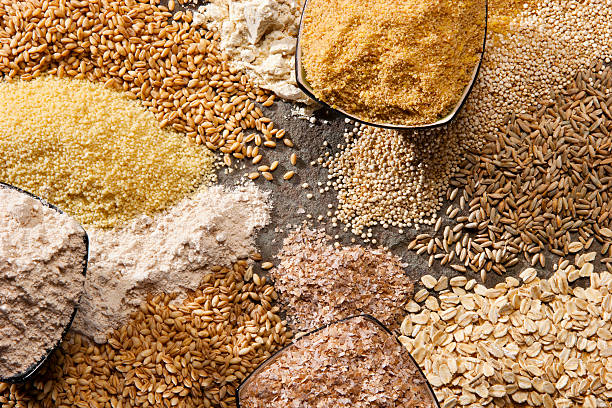
Whole grains are rich in fiber, which aids digestion, helps maintain healthy cholesterol levels, and provides sustained energy. Incorporate:
- Brown rice
- Quinoa
- Whole wheat bread and pasta
- Oats
- Barley
3. Colorful Vegetables:
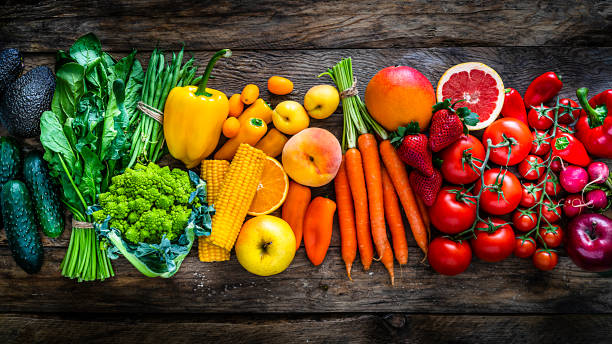
Vegetables are packed with vitamins, minerals, antioxidants, and fiber, all of which support immune function, reduce inflammation, and protect against chronic diseases. Include a variety of colors such as:
- Leafy greens (spinach, kale, Swiss chard)
- Bell peppers
- Tomatoes
- Broccoli
- Carrots
4. Healthy Fats:
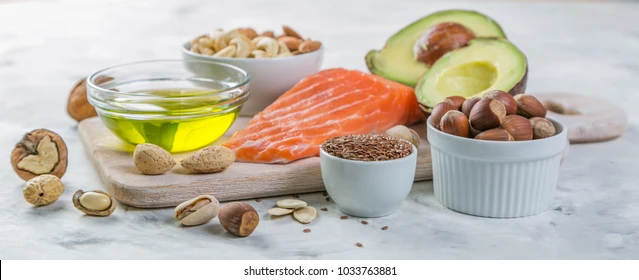
Not all fats are bad; in fact, healthy fats are crucial for hormone production, brain function, and overall heart health. Include sources like:
- Avocados
- Nuts (almonds, walnuts, pistachios)
- Seeds (chia seeds, flaxseeds, pumpkin seeds)
- Olive oil
- Fatty fish (salmon, mackerel, sardines)
5. Fruits:
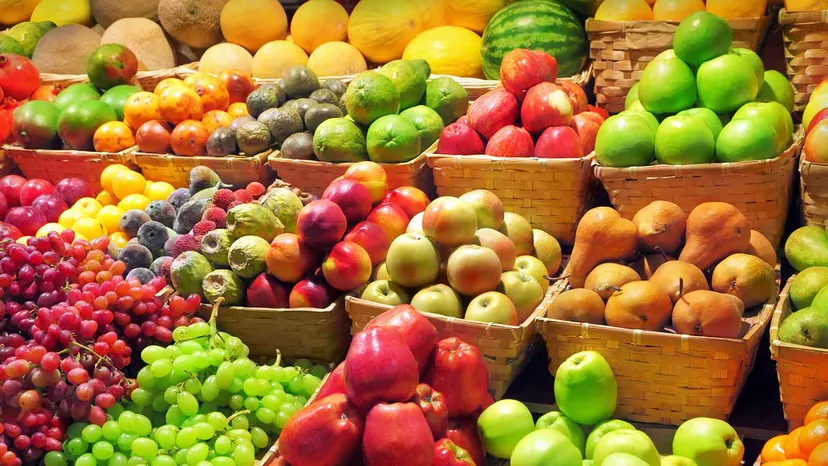
Fruits provide essential vitamins, minerals, and antioxidants. They are also a great source of natural sugars for energy. Incorporate:
- Berries (blueberries, strawberries, raspberries)
- Apples
- Oranges and other citrus fruits
- Bananas
- Kiwis
6. Dairy or Dairy Alternatives:
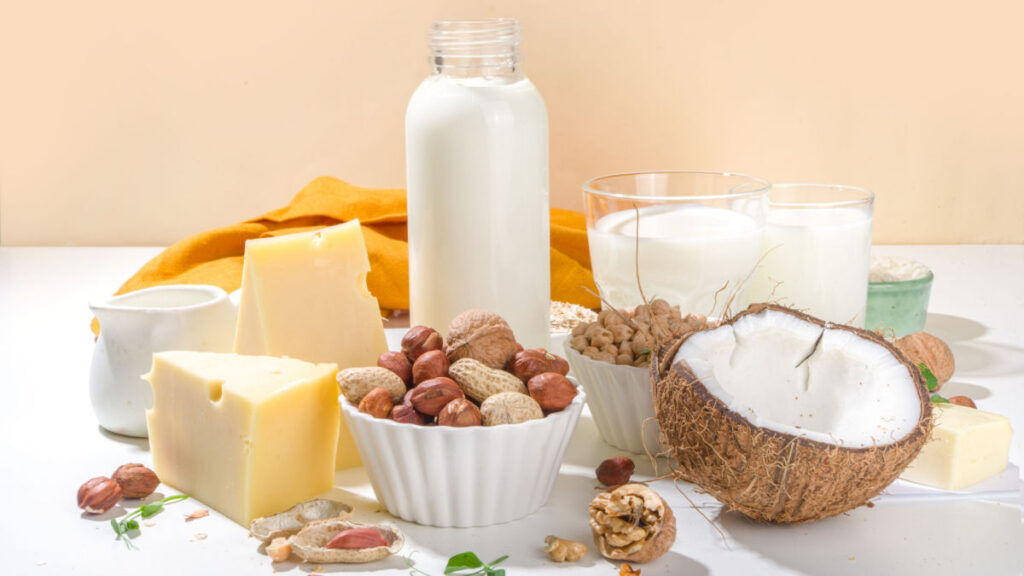
Dairy products are excellent sources of calcium and vitamin D, essential for bone health. Choose:
- Low-fat milk
- Greek yogurt
- Cheese
- Fortified soy or almond milk for those who prefer dairy alternatives
7. Hydration:

Adequate hydration is crucial for overall health and well-being. Drink plenty of water throughout the day, especially before, during, and after physical activity.